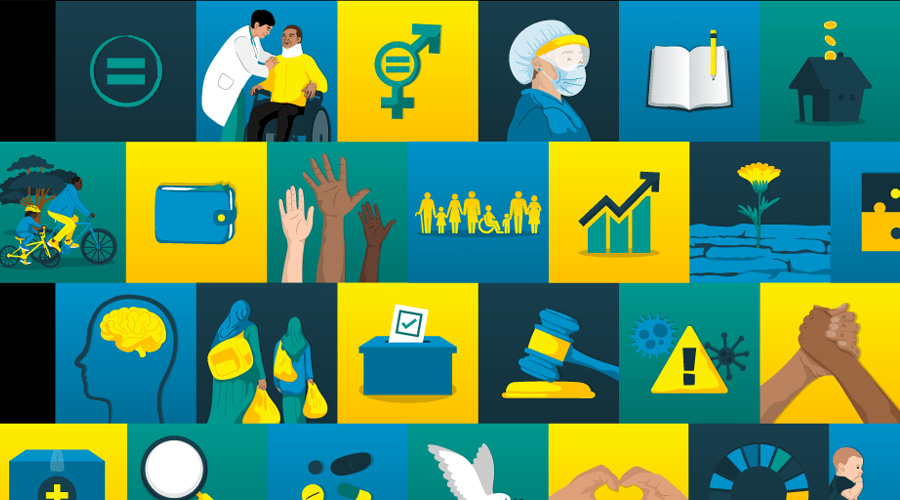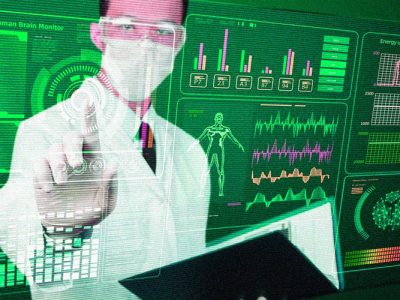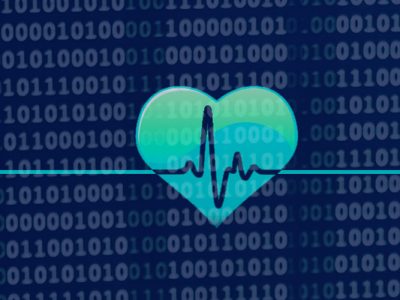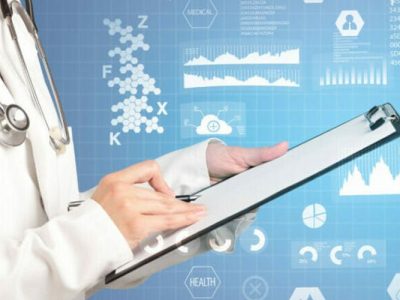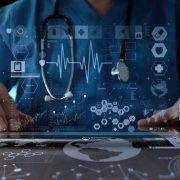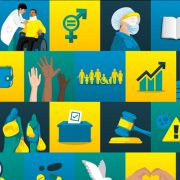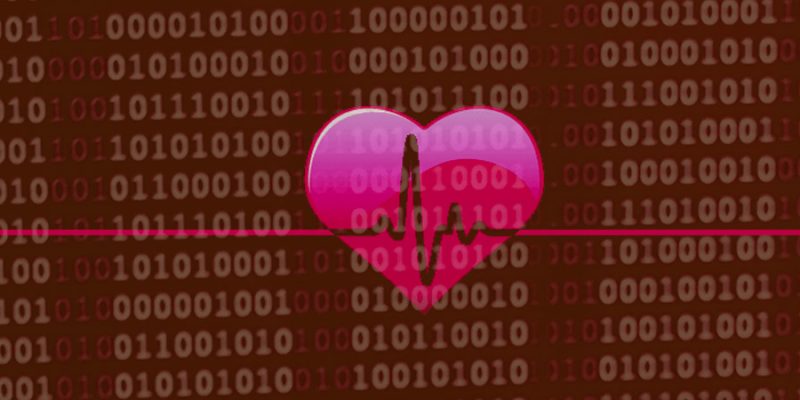
Healthcare systems are constantly looking for new methods to improve the quality of treatment they provide
Data science can help healthcare systems process, manage, analyse and integrate massive amounts of fragmented, structured and unstructured data. To obtain accurate findings, this data requires good management and analysis, which includes “data cleansing, data mining, data preparation, and data analysis employed in healthcare applications.”
The answers provided by technology frequently result in the creation of new issues. One example is the necessity of data science and AI in fully using the enormous data created by healthcare systems, with insurtech emerging as a solution subset. Insurtech refers to new entrants in the areas of health plan products, operations, benefits management and markets.
Advantages of data science in a health plan:
Improve Diagnostic Accuracy
According to a recent survey, 12 million adult patients in the United States are misdiagnosed each year, and diagnostic mistakes account for 10% of all fatalities. Healthcare practitioners can enhance diagnosis accuracy and lower mortality rates by using the power of big data and analytics. Many data analytics organisations now provide solutions to providers that increase diagnosis accuracy by utilising cutting-edge data science technology and machine learning algorithms. To properly forecast outcomes, predictive analytics approaches evaluate historical data such as patient data, clinical notes, symptoms, behaviours, illnesses, genomic structure and so on.
Make Use of EHR More Effective
Electronic health records are a standardised collection of patient data in digital format that can be accessed by authorised persons at any time. According to the most recent data, over 95% of hospitals and almost 90% of office-based physicians have already implemented an EHR system. The availability of digitised representations of patient information has been a game-changer in the healthcare business, and one of big data’s most widely used uses. EHR adoption provides far-reaching benefits, such as lowering costs, enhancing healthcare quality and simplifying operations.
Analyze Medical Images Efficiently
Medical imaging is another key industry that benefits from data analytics. In the United States alone, it is estimated that 600 million imaging operations are conducted each year. Without digital storage methods, storing all of this data manually is nearly impossible. Deep-learning algorithms are used to determine the differences in modality, resolution, and dimension of medical pictures received by X-ray, mammography, tomography, and other imaging modalities. This aids clinicians in improving diagnostic accuracy, detecting a wide range of diseases and assisting in the development of improved treatment alternatives.
Create Effective Pharmaceutical Drugs in a Shorter Period
Finding a new pharmaceutical medicine necessitates several steps and tests, as well as a significant amount of time and money. A new medication takes 12 years and US$350 million to go from the lab to the pharmacy. Researchers may now use big data analytics to simplify and speed up this procedure. The research groups benefit from data analytics and machine learning algorithms because they provide a data-driven viewpoint at every stage of the process. It is capable of forecasting the success rate as well as how the chemical would behave in the human body, resulting in improved drug discovery accuracy.
Reduce Risks in Prescription Medicine
Aside from improving diagnosis accuracy, data science technology is also reducing the hazards associated with prescription drugs. When medicine is provided to a patient, deep-learning algorithms check it against databases and notify the doctor if it differs from typical treatment practices. This helps the healthcare practitioner by improving health outcomes and preventing the potentially fatal consequences of erroneous prescriptions.
To Trigger Real-time Alerts
In-house therapy is pricey, but monitoring the patient’s health data is critical for improved care. With the introduction of wearable technologies, doctors can virtually monitor a patient’s vital data and give real-time medical aid as necessary. The wearable gadgets will capture patient data and store it on the cloud, where care managers and doctors will have access to it. When a patient’s blood pressure rises over a certain level, for example, the system notifies the physician, who can intervene to rescue the patient.
Find a Cure for Deadly Diseases
Finding treatment for severe diseases such as cancer, Ebola, and other diseases is one of the many possible uses of data science in healthcare. For researchers, there is a great quantity of data on treatment strategies, recovery rates, illness symptoms, mortality, and so on. They can uncover patterns and therapies that have a high success rate in the actual world by applying data analytics technologies. Drug researchers, for example, can look at how particular mutations and cancer proteins interact and come up with the optimum combination to save a patient’s life.
Improve Cyber Security
Healthcare data is particularly vulnerable to data breaches because personal information such as Social Security numbers and Medicare numbers, among other things, is very valuable on the black market. As a result, every healthcare business has a significant problem in protecting the cyber security of patient data. To detect changes in network traffic or detect the presence of a cyber assault, many healthcare providers are using data analytics solutions. Furthermore, big data aids in the simplification of the insurance claim process, resulting in faster and better returns for patients as well as the detection of fraudulent and false claims.


